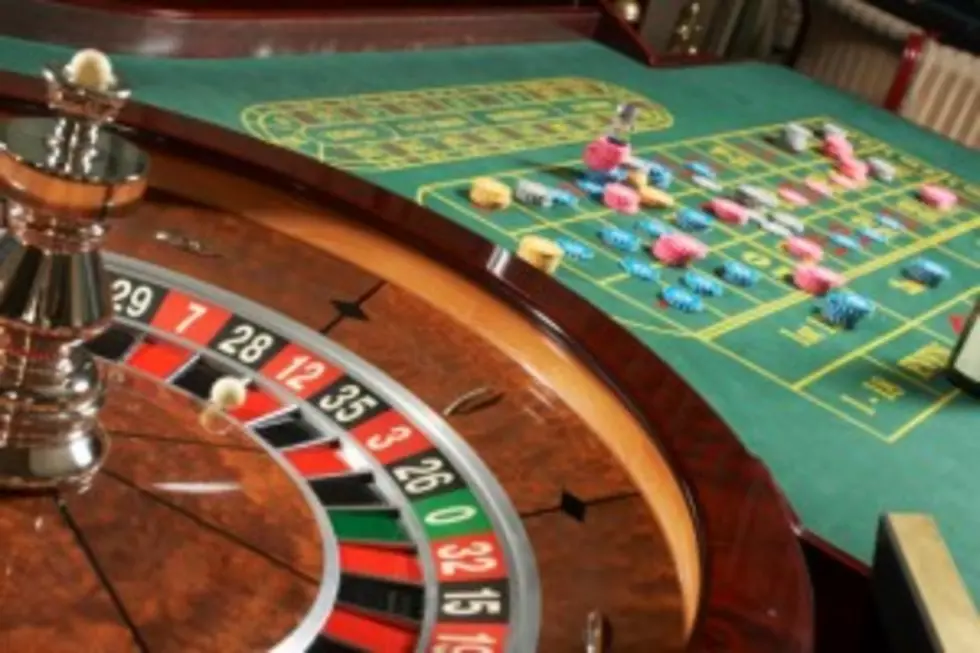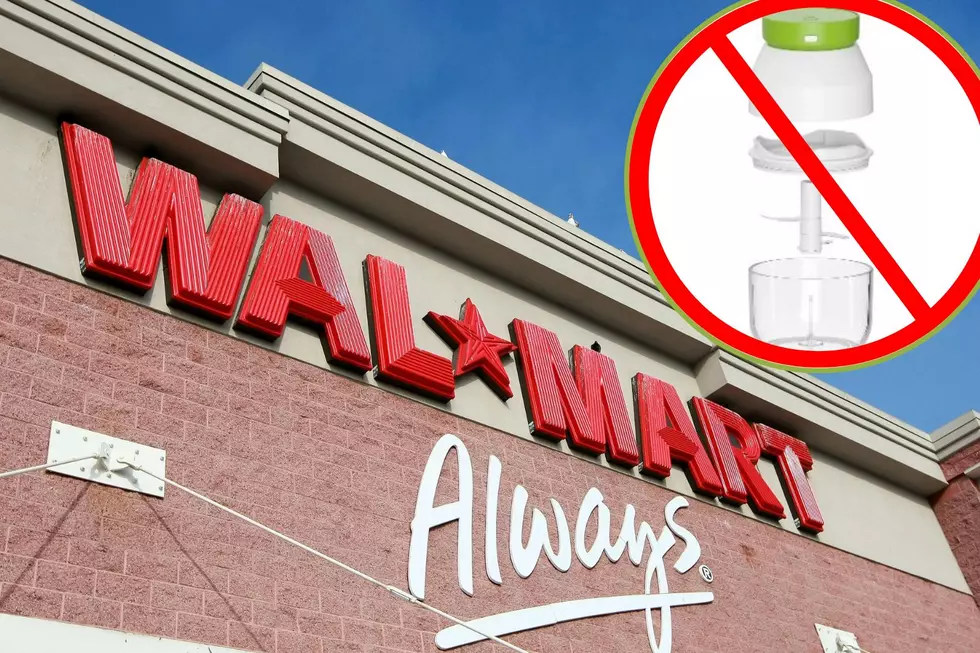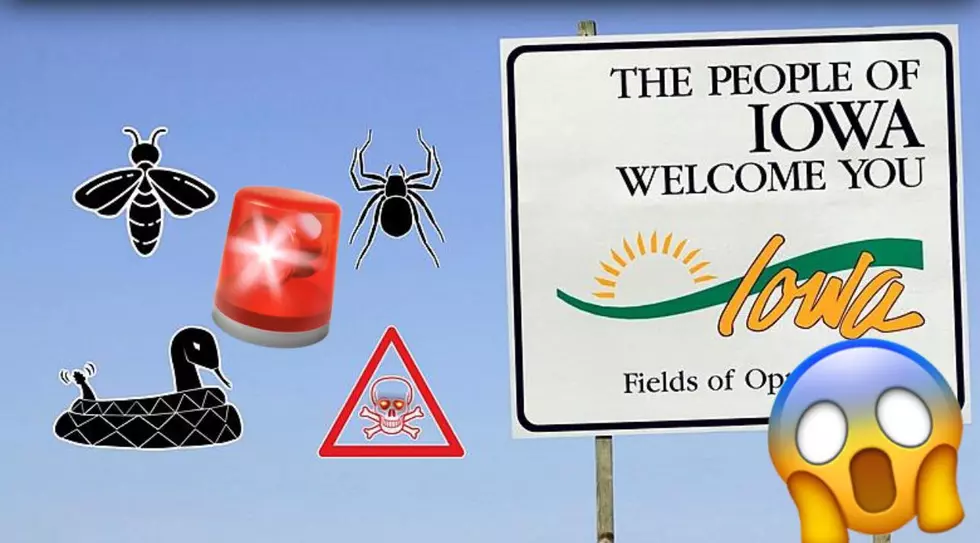
Casino Vote Impacts Waterloo
No matter how state gambling regulators voted on Thursday (April 17, 2014), the decision on whether to license a proposed casino in Cedar Rapids was going to impact Waterloo and other Cedar Valley communities. The outcome was nearly unanimous.
On a 4-1 vote, the Iowa Racing and Gaming Commission (IRGC) rejected the request from a local development group that was seeking permission to build a new downtown casino in Cedar Rapids.
The decision is being celebrated by gambling supporters in Waterloo, who feared the new casino would have a negative impact on the Cedar Valley's economy. The IRGC commissioned two market studies on state-wide gambling prior to Thursday's vote. Both studies predicted the proposed Cedar Crossing Casino would cut annual revenue at Waterloo’s Isle Casino Hotel by as much as $11 million.
The Black Hawk County Gaming Association (BHCGA) – holder of Waterloo's casino license – receives nearly 5.8 percent of the Isle’s gross receipts each year to disburse in grants to non-profit and public projects. Since the Waterloo casino opened five year ago, the BHCGA has distributed nearly $30 million in grants throughout the Cedar Valley.
Commission members who voted "no" to the Cedar Rapids license all said they couldn't neglect the IRGC's impact studies. All four said they felt the proposed $174 million casino would have too big of an impact on Waterloo and Eastern Iowa’s other existing casinos. The "no" votes were cast by commission chairman Jeff Lamberti of Ankeny, Richard Arnold of Russell, Carl Heinrich of Council Bluffs and Kristine Kramer of New Hampton. The only commissioner who voted "yes" was Dolores Mertz of Algona.
Supporters and city leaders were promoting the proposed Cedar Rapids casino as a major economic project, something that could generate millions of dollars annually and revitalize a city badly damaged by flooding in 2008. The studies, however, showed that Cedar Rapids would get the money from the other neighboring casinos.
The Cedar Rapids casino project isn't necessarily dead. The development group could submit another license request to the Iowa Racing and Gaming Commission again in two years.
More From AM 950 KOEL

![NASCAR Star Bubba Wallace Is Going To Be A Dad – [See Pictures]](http://townsquare.media/site/204/files/2024/04/attachment-Bubba-Wallace.jpg?w=980&q=75)







